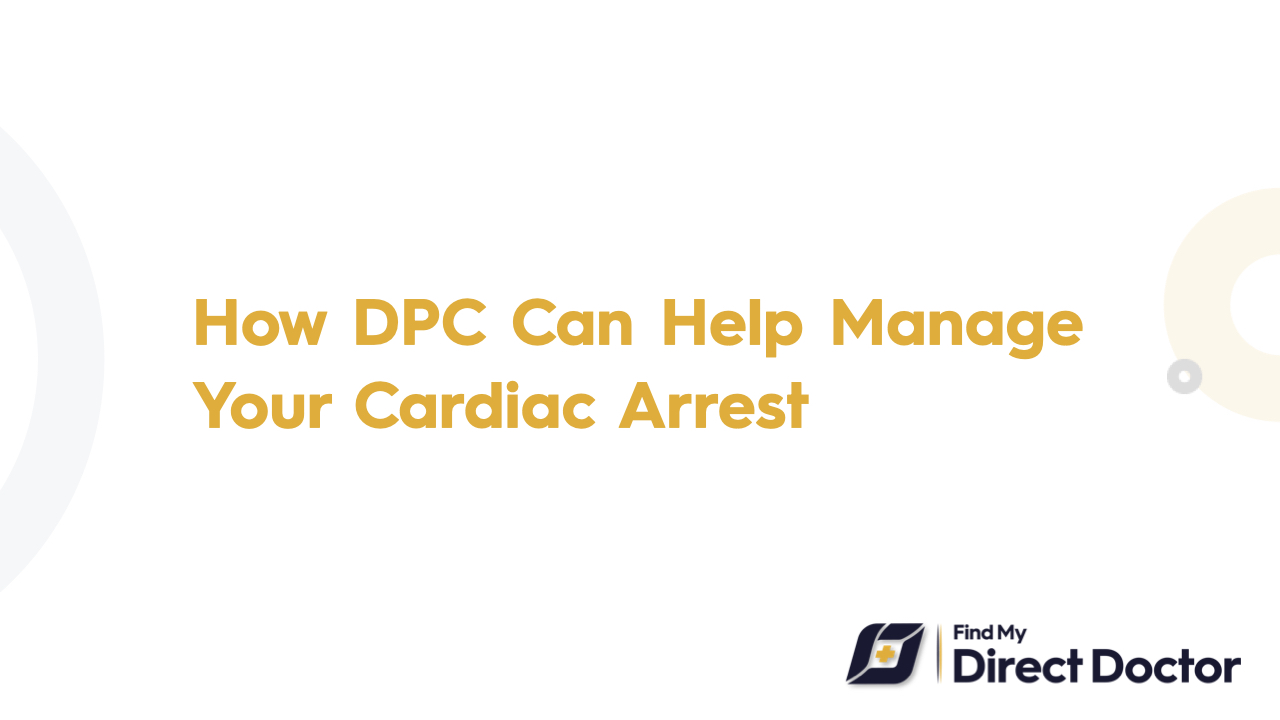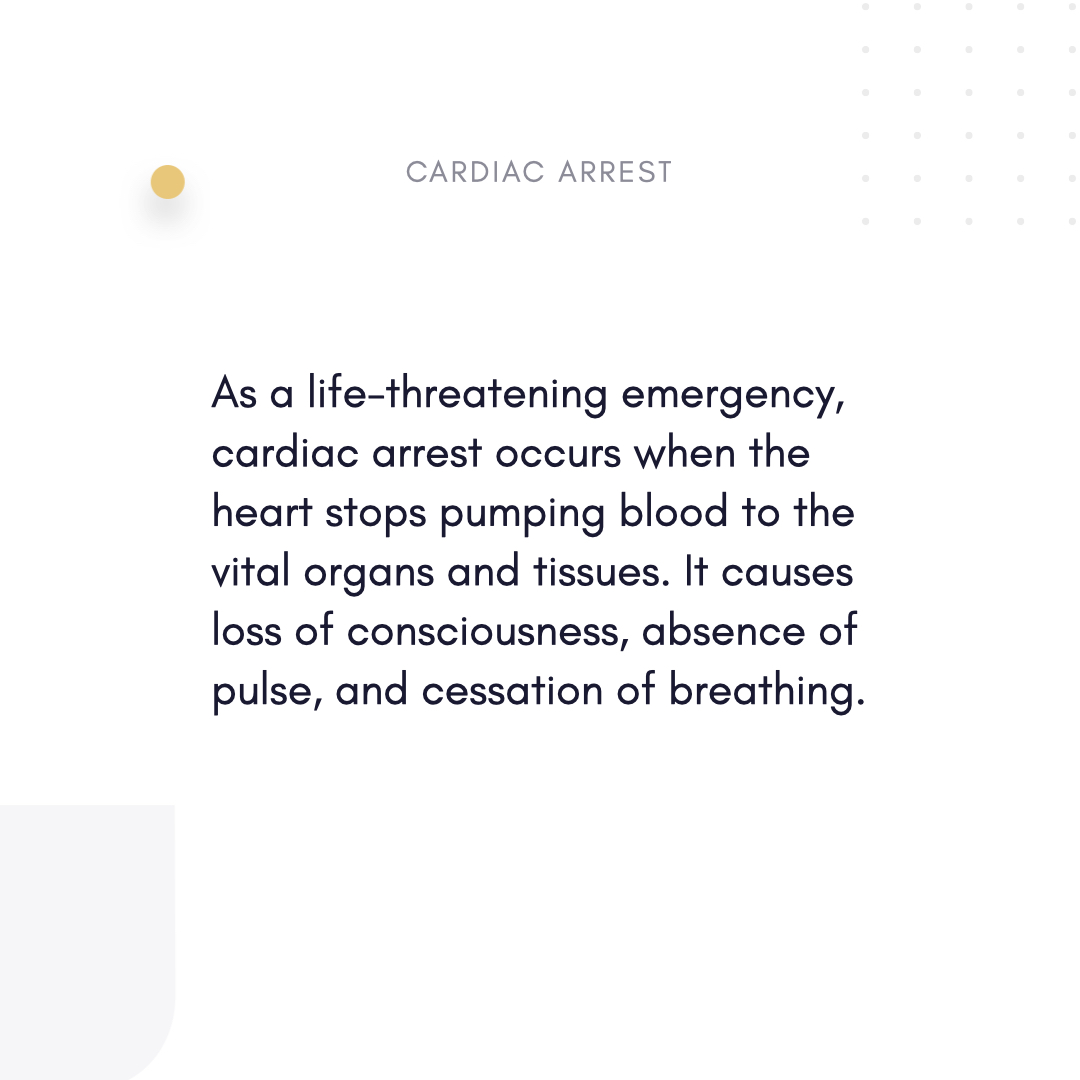Direct Primary Care (DPC) for Cardiac Arrest: Lifesaving Prevention & Comprehensive Post-Event Care
Cardiac arrest requires fast emergency response since it is a fast, fatal loss of heart function. Though it does not replace ER treatment, DPC is extremely important in prevention, quick intervention, and post-arrest recovery in line with American Heart Association (AHA) recommendations to increase survival and long-term outcomes.

DPC Enhances Risk Reduction and Preventive Care to Manage Cardiac Arrest
- Tightly control hypertension, diabetes, and cholesterol—main causes of cardiac arrest—by means of consistent screenings and medication optimization.
- Under lifestyle coaching, create heart-healthy diets, exercise plans, and smoking cessation programs to reduce obesity and inactive behavior.
- Genetic screening in high-risk families searches for cardiomyopathies or inherited arrhythmias including Long QT syndrome.
Emergency Reaction in DPC Facilities
- Equip clinics to provide vital for survival per AHA recommendations fast defibrillation for shockable rhythms (VF/VT).
- Teach patients or families to do compressions and to spot warning signs (such syncope or chest discomfort) while you wait for EMS.
Healing & Recovery After Arrest
- Plan early coronary angiography and targeted temperature control to minimize brain damage and identify blockages.
- Work with physical therapists to safely restore strength and endurance in cardiac rehabilitation.
Tailored Prevention Programs’ Customized Cardiac Arrest Management Inside DPC
- Monitoring Arrhythmias:
- Find with Holter monitors or event recorders atrial fibrillation or ventricular tachycardia.
- For implantable cardioverter-defibrillators (ICDs), refer low ejection fraction, or highly risk patients.
- Resuscitation Following Guidelines:
- Support in Neurology Work with neurologists for cognitive rehabilitation should a brain damage arise.
- Corrections on Medication: Optimize antiarrhythmics, beta-blockers, or anticoagulants to help to lower recurrence.
- Referrals for mental health and family support therapy enable caregivers and survivors to heal from trauma.
- Instruct families in proper AED application and symptom identification for relapse.
Why DPC Excels in Treating Cardiac Arrest?
- Clinics manned by AEDs and skilled staff members raise survival rates after shockable cardiac events.
- Guide-Driven Attention in Directions:
- Simply follow AHA's advised post-arrest protocols (e.g., temperature control).
- Track long-term recovery, changing rehabilitation and medication schedules to stop recurrence.
- Flat fees cover care coordination, management of chronic diseases, and preventative visits, so helping to reduce financial load.
The DPC Advantage for Cardiac Arrest Patients
- Around-Clock Possibility:
- For quick medication questions or symptom concerns, direct mail.
- Deal with comorbidities—like sleep apnea or kidney disease—that holistically compromise heart function.
- Coordinate expert treatment among electrophysiologists, cardiologists, and neurologists.
Conclusion
While cardiac arrest requires emergency response, DPC modifies outcomes by means of prevention, rapid in-clinic response, and thorough post-event treatment. Following AHA guidelines and offering continuous, customized support helps DPC help patients to lower risks, maximize recovery, and rebuild confidence in heart health.






